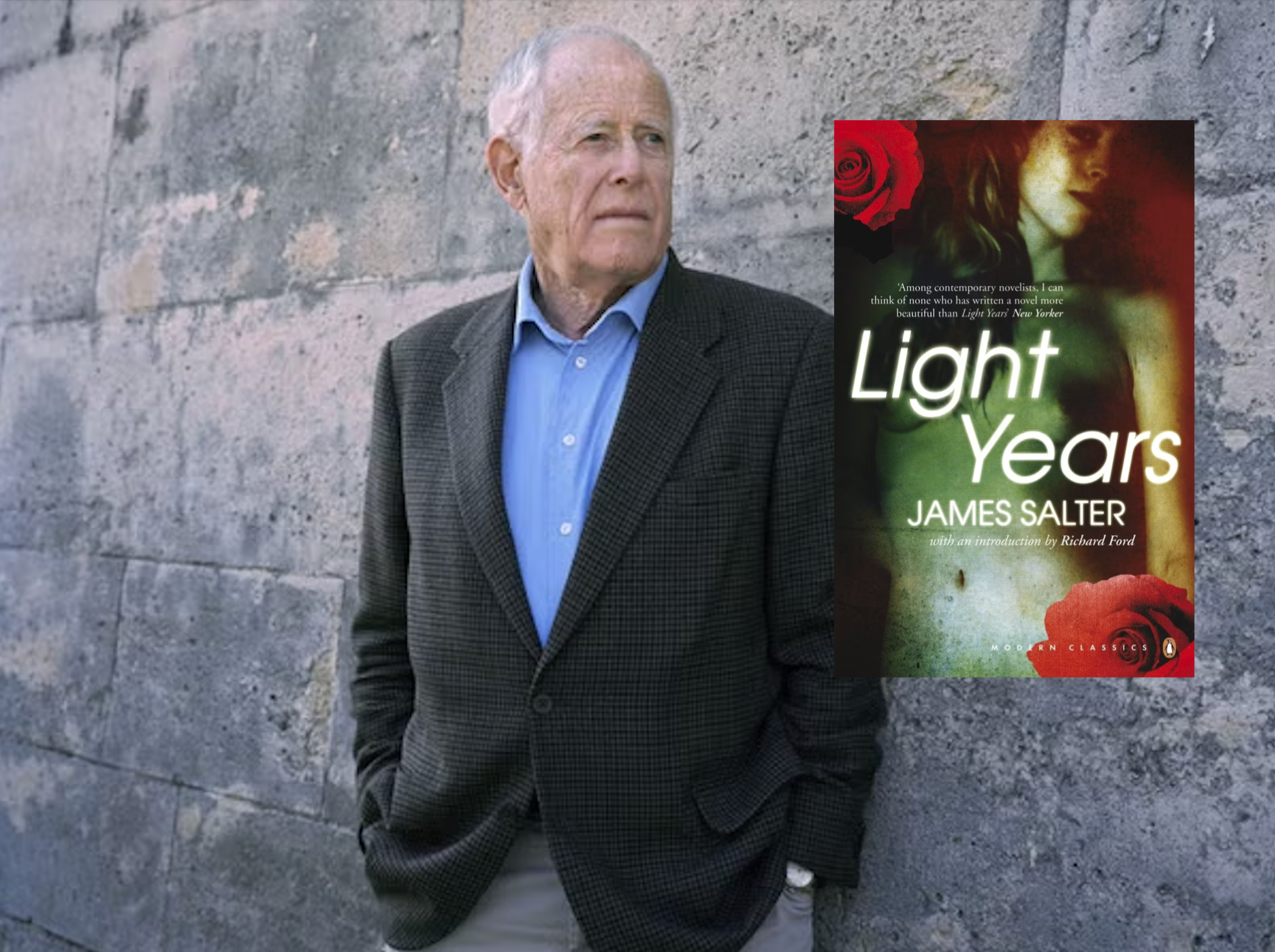Book of a lifetime: Light Years by James Salter
From The Independent archive: Andrew Miller finds he is in the company of a remarkable writer who possessed an extraordinary resource of language and whose poetic prose leaves the reader lit up

James Salter’s 1975 novel, Light Years, is the story of a marriage between two highly civilised Americans, Nedra (the woman) and Viri (the man). It is a good marriage full of good parties, and then it is a less good marriage full of infidelities. Finally, it is no marriage at all. They go their separate ways and suffer strange adventures that leave one of them dead and the other bewildered and drowning in a new marriage.
So far so commonplace – a novel about marriage! But here, as is so often the case, the subject is less important than its treatment. It’s not that Salter has nothing to say about marriage. On the contrary, he’s an astoundingly close and sympathetic observer of his characters’ predicament and seems to write out of a welter of rich experience; but this is a book you read and re-read for the verve and ambition of its language.
Salter is a stylist the equal of John Cheever or John Updike. The writing is often close to poetry, though poetry as it can live in a novel – always readable as narrative, always serving the book’s larger purposes. In the opening pages Viri, coming home from the city (New York) to some rural bend of the Hudson River where he and Nedra have their elegant home, is sent out in the dusk to round up the children’s pony. The animal’s eyes are “black, lustrous, with the long crazy lashes of a drunken woman”; and when he strokes one of its ears, he notes how it was “warm, strong as a shoe”.
It was that “strong as a shoe line” that persuaded me I was in the company of a remarkable writer. My anxiety was that he would not be able to sustain such a level but miraculously, with just a slip or two, he does. As for Nedra and Viri, they are – in their restlessness, their strangely innocent devotion to comfort, light, pleasure, their fear of passing time, of age – touched with a kind of special American decadence.
Both, as characters, are lovable if only for their readiness to love others, but each is less – less brilliant, less special – than they had dreamed of, and in the end it is a knowledge that undoes them. In part, Light Years is a satire of youthful hopes and conjugal ambition, of the US as a place full of cultural spectacle yet short on the kind of culture that makes sense of peoples’ lives, but it is satire worked out of a full heart by a writer with an extraordinary resource of language.
The reader is left lit up by the writing but also intensely moved by a vision of good people becoming lost in the complexity of their lives and in the shortfall of their understandings. God knows, it is a likely enough fate for any of us but one, in this book at least, rescued from being mere failure by Salter’s uncanny, unerring sense of the beautiful.



Join our commenting forum
Join thought-provoking conversations, follow other Independent readers and see their replies
Comments